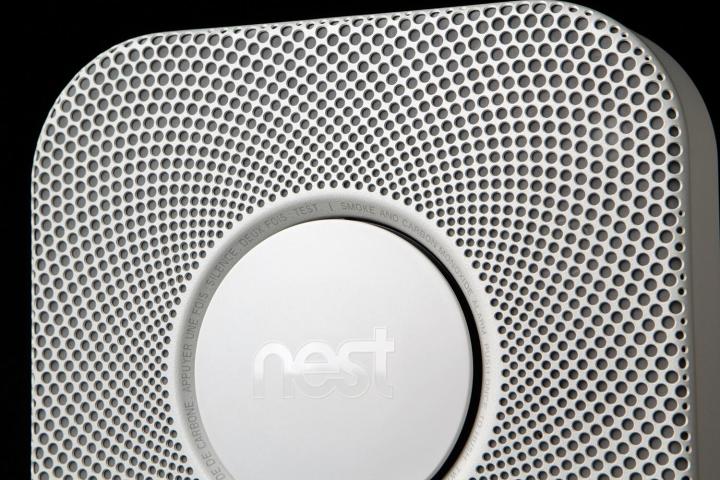
Up to now, the kit has only been available for purchase in the US, Canada, and the UK, though the Google-owned company says its smart-home products are currently used in as many as 120 countries.
The Nest Learning Thermostat and Nest Protect: Smoke and Carbon Monoxide alarm will land in around 400 retail stores throughout the four European countries in the coming weeks, with an additional 150 stores set to stock them by the end of the year. Local pricing is yet to be revealed.
To customize the product for the new markets, Nest has used local actors to voice the systems and set up new support centers to help with issues that arise as customers – many of whom will be buying such smart-home technology for the first time – get to grips with their new devices.
Nest, which was founded four years ago by former Apple engineers Tony Fadell and Matt Rogers, has also partnered with professional installers and local energy firms in each new location in an effort to offer an efficient service from the off.
Related: Samsung CEO outlines his vision of our ‘smart home’ future
The company’s Learning Thermostat, which caused quite a stir when it launched in 2011, uses sensors, algorithms and cloud computing to maintain a comfortable temperature in the home, and can automatically adjust the heating system to save energy when no one’s there.
Meanwhile, the more recently released Protect smoke and carbon monoxide detector offers relevant information to a user’s handset or tablet, as well as voice notifications directly from the device.
Next experienced some difficulties with Protect earlier in the year when it spotted a fault with the device’s ‘Wave’ gesture-recognition feature. While it tried to sort out the issue, the company took the decision to remove the product from sale.
However, the alarm returned to stores in June for $99, $30 less than what it was selling for when it was taken off the shelves, though it’s currently offered without the Wave feature.
You can find out what DT reviewers made of the Nest smoke alarm here. Alternatively, head here for more information on its $249 smart thermostat.
The smart-home market is fast growing and becoming ever more competitive. Among the other tech giants, Samsung is making some serious moves in the space, while Apple, too, has similar ambitions to make an impact.


